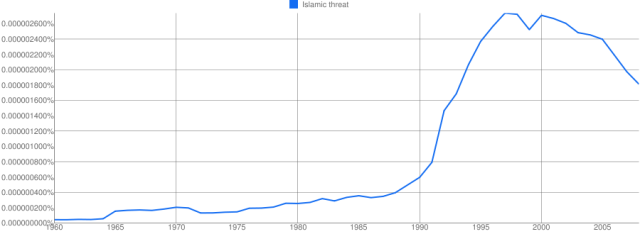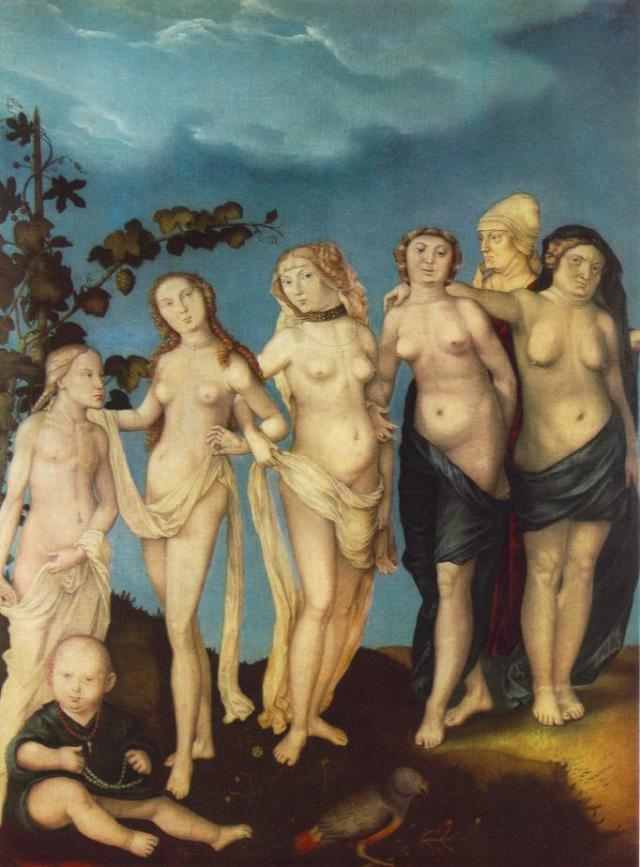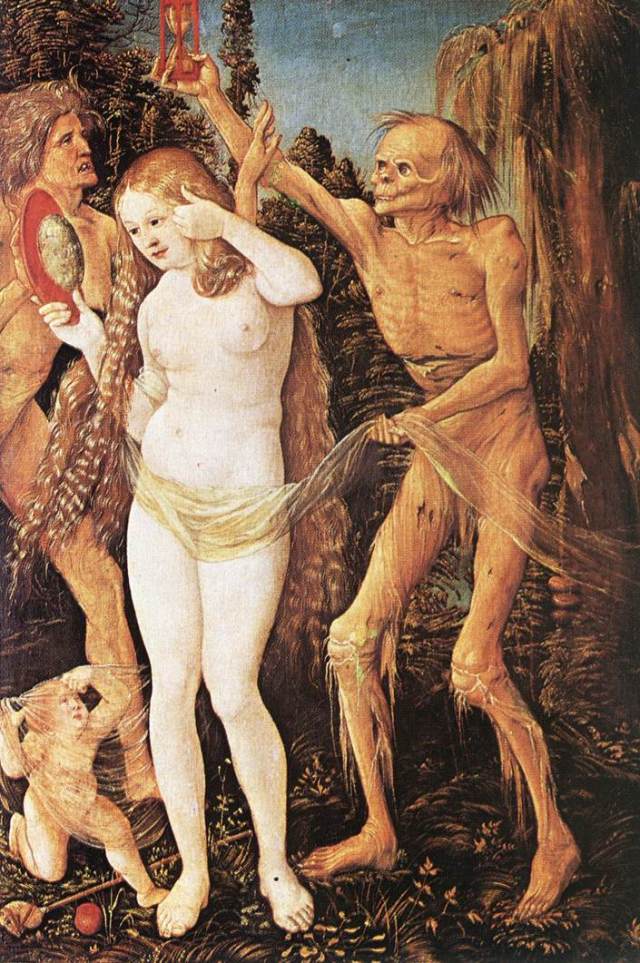I will say only this: I have never read a more insightful or accurate description of women in a literary work than this. The greatest writers of history have rarely had much insight into women. Lermontov is an exception.
——————–
“I had dinner with them. Princess Ligovskaya eyed me very tenderly and did not leave her daughter’s side–a bad sign that! But Vera is jealous of Princess Mary. I have managed to bring about that happy state after all! What would a woman not do to hurt a rival! I recall one woman who loved me simply because I was in love with another. Nothing is more paradoxical than the feminine mind. It is hard to convince women of anything–they must be brought to a point where they will convince themselves. The means of supplying evidence by which they finish off their prejudices is highly original, and to get to know their dialectic one must rid the mind of all academic rules of logic. For example, the ordinary method is this:
This man loves me; but I am married; hence, I must not love him.
The feminine method is this:
I must not love him because I am married; but he loves me, and hence . . .
Here follows a pregnant pause, for reason is now dumb, and all the talking is mainly done by the tongue, eyes, and eventually the heart, if there is one.
What if these notes should fall into a woman’s hands some day? “Slander!” she will cry indignantly.
Ever since poets began to write and women to read them (for which they must be heartily thanked), the latter have been called angels so often that in the simplicity of their hearts they have actually come to believe in this compliment, forgetting that for money the very same poets exalted Nero as a demigod.
It might appear not quite right that I should speak of them with such malice–I, who have never loved anything else under the sun–I, who have always been ready to sacrifice my peace of mind, ambition and life for their sake . . . Yet it is not in a fit of annoyance or injured vanity that I try hard to draw aside that magic veil which only the accustomed eye can penetrate. No, all that I say about them is only the result of
The Cold reflections of the mind
And bitter insights of the heart.
Women should wish all men to know them as well as I do, for I have loved them a hundred times more since I overcame my fear of them and discovered their petty frailties.
Incidentally, Werner the other day compared women with the enchanted forest described by Tasso in his Jerusalem Delivered.
“You have but to approach it,” he said, “to be assaulted from all sides by ungodly terrors: duty, pride, respectability, public opinion, ridicule, contempt . . . You must not heed them, but go straight on. Little by little the monsters vanish and before you opens a quiet, sunny glade with green myrtle blooming in its midst. But woe to you if your heart quails when you take those first steps and you turn back!”





